Quick Overview
Semantic Scholar seeks a compromise between a thorough academic tool and an accessible resource for the research community. This reference finder for research paper makes scientific publications and conference papers accessible, providing access to a diverse range of academic literature. The platform succeeds in recommending articles relevant to your search subject by applying filters for fields of study, journals, and conferences. And the greatest part? It is free, which is a huge advantage for everyone.
| TOP services | Updated March 2024 |
|---|---|
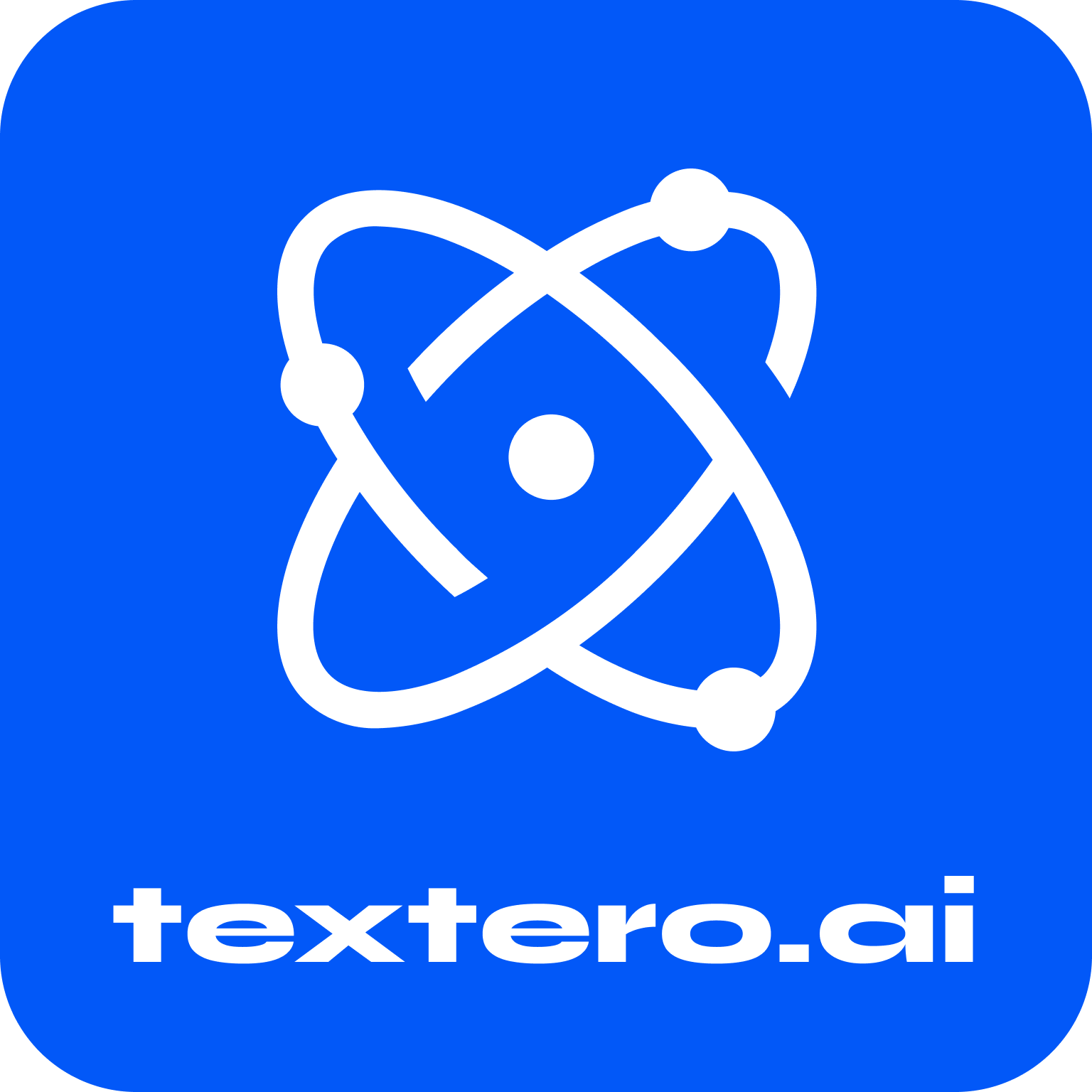
Textero
⭐⭐⭐⭐⭐ |
Get free access |
|
AHELP Reference Finder
⭐⭐⭐⭐⭐ |
Get free access |
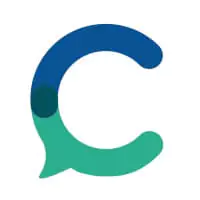
Consensus
|
Read review |

Semantic Scholar
|
Read review |
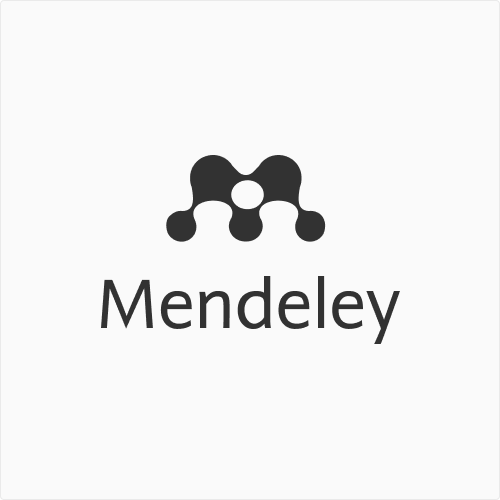
Mendeley
|
Read review |

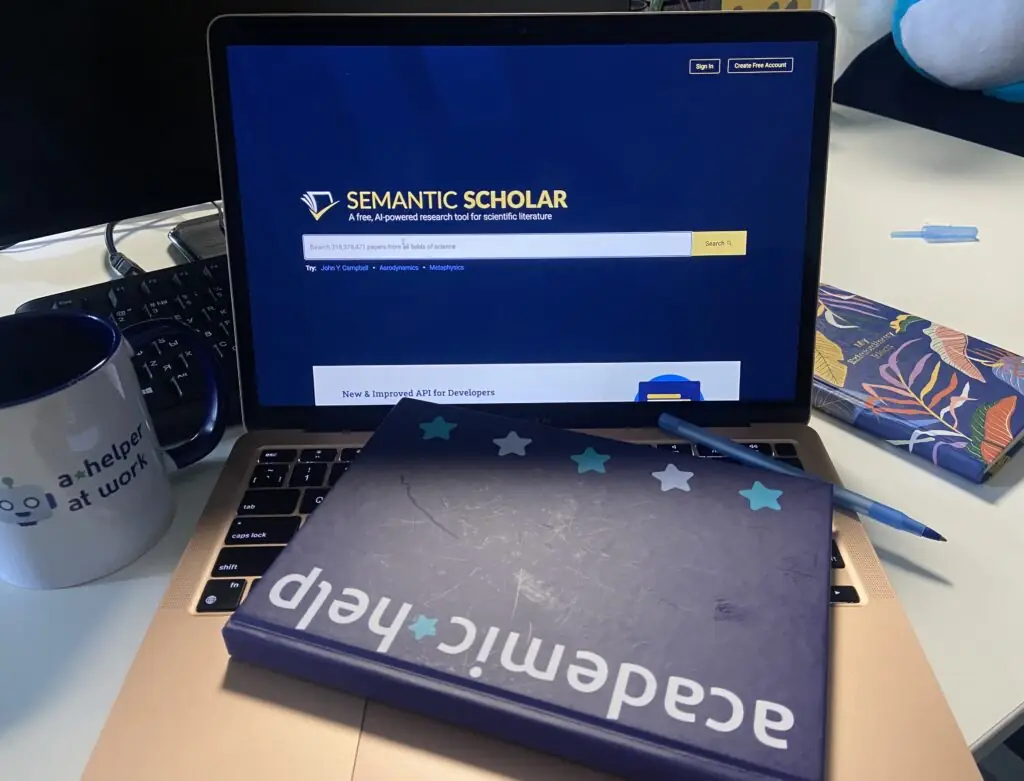
Semantic Scholar: Searching Quality – 47/50 ⭐️⭐️⭐️⭐️⭐️
Semantic Scholar proves its mettle by providing an impressive blend of quality and variety in its sources. Whether you’re interested in the latest research findings or looking for information within a specific date range, this platform has you covered. Its capability to offer up-to-date information within specific date ranges makes it a valuable resource for current research. While it does an excellent job in most areas, its citation formatting options are somewhat limited, focusing mainly on the most popular styles and missing out on others like Harvard.
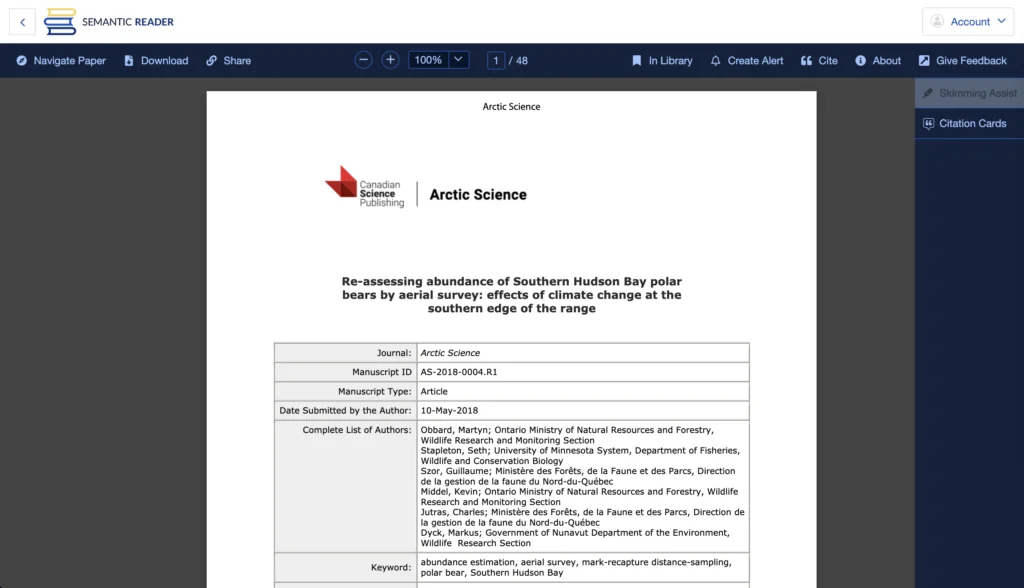
| 🔍 SEARCH REQUEST | 👍 RELEVANT RESULTS | 🏆 FEATURES HIGHLY-CITED SOURCES |
| Climate change effects on Polar bears | ✅ | ✅ |
| Newest data on Mars rover findings | ✅ | ✅ |
Semantic Scholar: Value for money – 22/25 ⭐️⭐️⭐️⭐️⭐️
When evaluating value for money, Semantic Scholar shines with its entirely free access model. This approach allows all users regardless of their financial standing to benefit from using various valuable academic resources. Some users might miss having a browser extension, but the platform further bolsters its value proposition with an AI assistant. Generally speaking, Semantic Scholar’s approach to providing free access without compromising on quality makes it an exceptional tool for academic research.
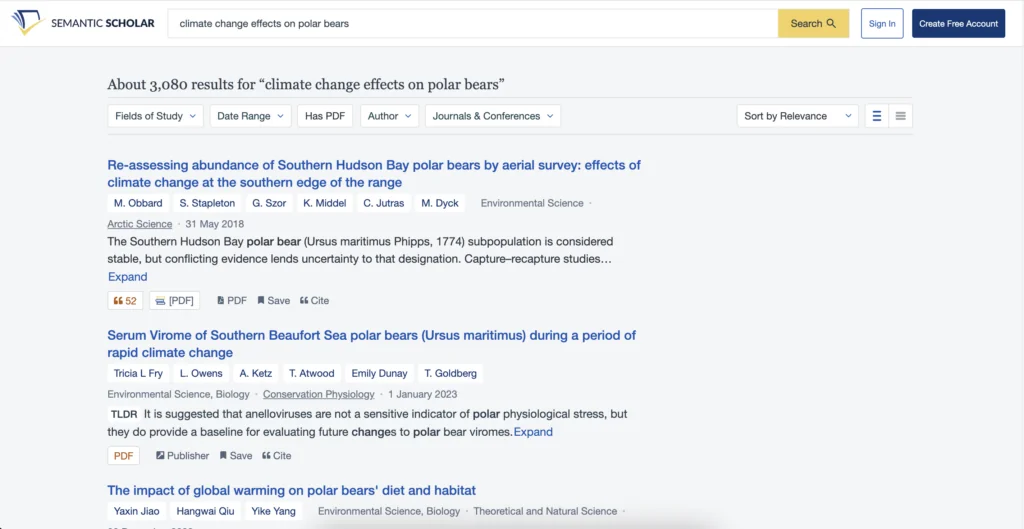
Semantic Scholar: Overall Experience – 24/25 ⭐️⭐️⭐️⭐️⭐️
The overall experience with Semantic Scholar is highly positive. Its quick registration process, user-friendly interface reminds a Google search engine, and a suite of features for saving, citing, copying, and sharing resources make it an efficient tool for academic research. Despite its speed and efficiency, the lack of integration with reference management tools is a notable absence. Nevertheless, its excellent accessibility and the availability customer support through messaging and an informative blog contribute to an enjoyable user experience.
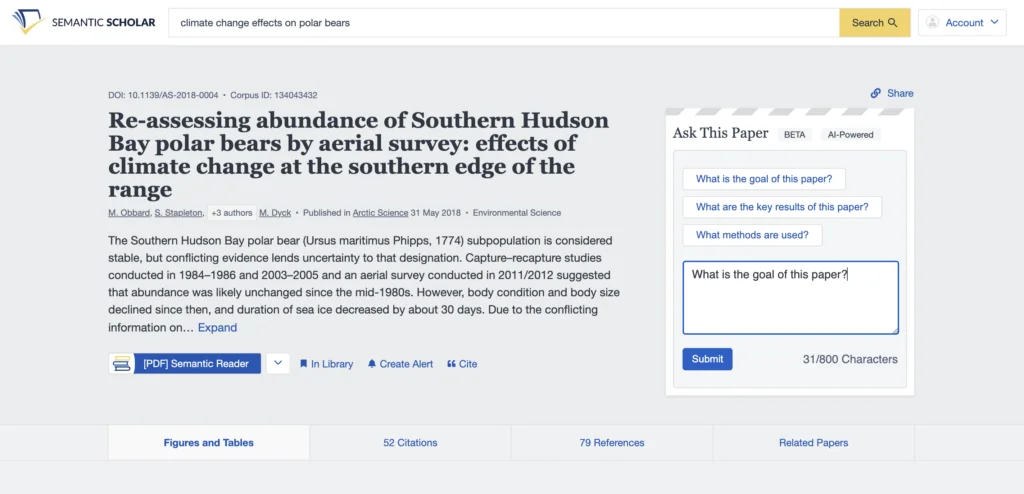
Conclusion
Semantic Scholar presents a compelling option for those in the academic and research fields, blending plenty of resources with user-centric features. While it has room to grow in terms of citation style diversity and tool integration, its strengths in providing free, high-quality access to scholarly content make it a recommendable choice for researchers and students. It’s a reliable platform that effectively supports the pursuit of academic excellence.
FAQ
| Why academichelp.net is a credible source of information: Stay curious with us. Academichelp.net has been a reliable educational resource since 2011, providing students with the latest news, assignment samples, and other valuable materials. Even with the extensive information we process, our quality remains consistent. Each team member has experience in education, allowing us to evaluate new sector offerings critically. Our reviews are up-to-date and relevant, with impartiality ensured by the A*Help score methodology from mystery shopping. We aren’t affiliated with any listed service providers. Our focus remains on providing our audience with reliable and unbiased data. |
Follow us on Reddit for more insights and updates.

Comments (0)
Welcome to A*Help comments!
We’re all about debate and discussion at A*Help.
We value the diverse opinions of users, so you may find points of view that you don’t agree with. And that’s cool. However, there are certain things we’re not OK with: attempts to manipulate our data in any way, for example, or the posting of discriminative, offensive, hateful, or disparaging material.